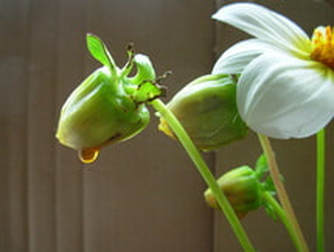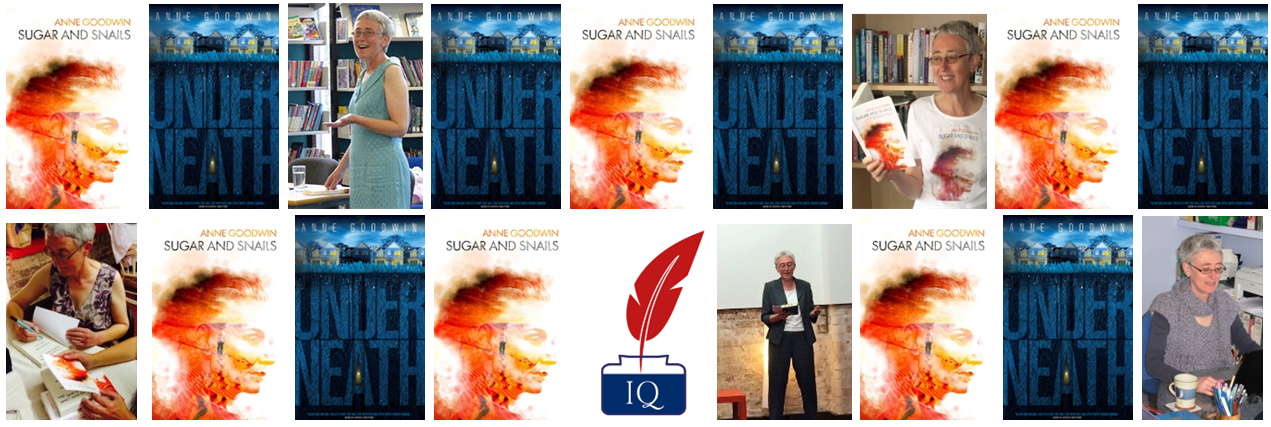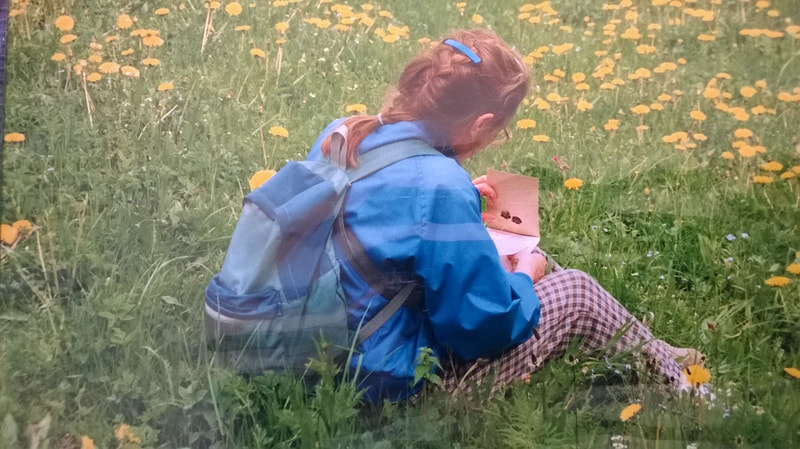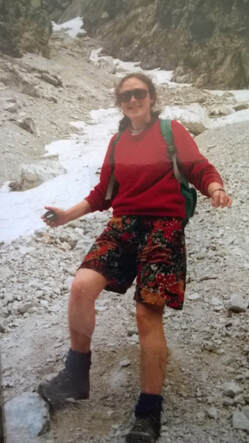| The writer’s life is rife with disappointment. One of the main factors differentiating the successful from the unsuccessful is not the degree of failure they encounter, but the ability and willingness to scrape oneself up from the ground and carry on. But how do we do that? The blogosphere thrums with posts on adopting an almost military discipline, but that’s not right for everyone. It’s not right for me. |
For those of us whose creativity stems from a place of vulnerability, rejection might hit especially hard, activating a script of inconsolable grief. We need to take care of ourselves, to practice self-compassion, but those who need this most might be least likely to embrace it.
As well as the pleasure in the act of writing, one of the things that can keep us going when things get tough are dreams of success. Some of these might be so highfalutin we’d be embarrassed to admit them. But they still matter. Whether it’s the antics of her characters or her own glorious future, there’s no point telling a writer her imaginary world isn’t real.
| Perhaps because I’d recently read a novel that got me thinking about the difference between denial and mourning, I was reminded of my younger self, grieving for the loss of my first cohabiting relationship. I recalled how, after spending numerous evenings weeping as I sorted through our shared possessions, I continued grieving, but in a low-key and controlled fashion. |
I didn’t plan to engage in part-time mourning, but somehow it worked for me. When spring arrived, I began to enjoy life again, including living alone. By mid-summer I was cementing another relationship and, to quote Jane Eyre, Reader, I married him a few years later and we’re still going strong.
| Adopting a similar perspective to my writerly disappointment has felt empowering. Petulance feels childish, despair an overreaction, depression too passive, but, even slobbing around or taking myself off for a walk, mourning feels like getting things done. It’s not for nothing that Freud referred to mourning as work. Unlike when I had a day job, I haven’t altered my routines particularly to accommodate my current grief. But it’s altered my attitude enough to enable me to be kinder to myself and to choose a better balance between work and play. When my inner critic raises its ugly head I remind myself I’m mourning, and that brings a smile. |
| One of the best cures for that bad patch is the success that’s totally unexpected. I felt it when Marsha Ingrao wrote a post on learning about how to write mystery through my debut novel, Sugar and Snails. Last week it was because someone from Nottingham Writers’ Studio nominated me for two of its inaugural members’ awards. |
How about you? How do you manage those inevitable disappointments of the writing life?
| This week’s flash fiction challenge is to write a 99-word story about Fannie Hooe. Being clueless about who or what she is – actually, as Charli describes in her post, she’s a lake named after a girl who went missing – is no excuse for not joining in. |
They hailed him a hero, she called him a fool. Someone had to save the kid, he said. Maybe, but why you?
She couldn’t look at him at dinner. Couldn’t eat. Couldn’t watch the evening news, took herself to bed. But even with her eyes screwed tight, she saw him, grinning, dripping lake water on the shore.
Later, he found her, let her cry in his arms. I’m sorry, he said, I didn’t think. Dived right in.
Why should he think? He never met her father, the hero dead before her teens. Rescuing a girl from drowning. Fannie Hooe.



























 RSS Feed
RSS Feed





















